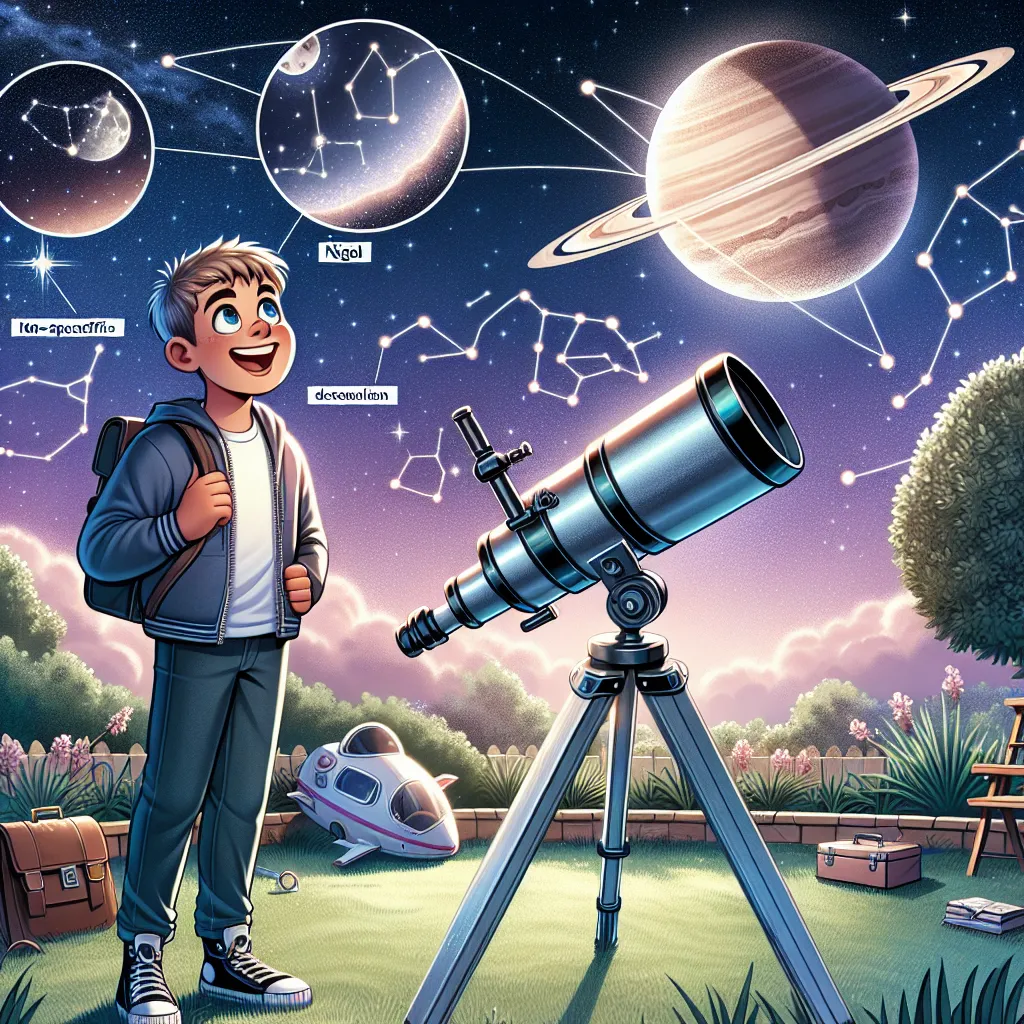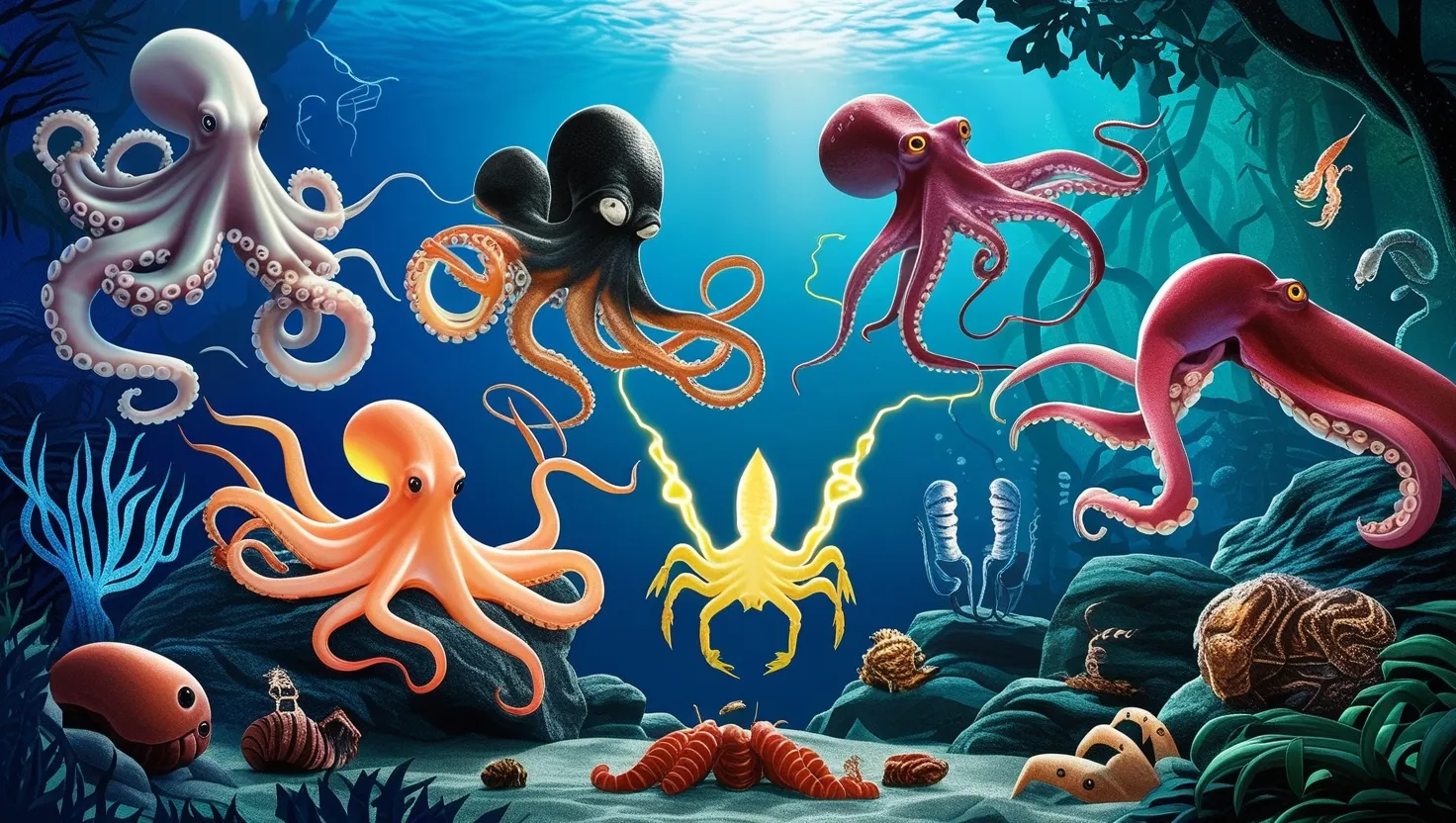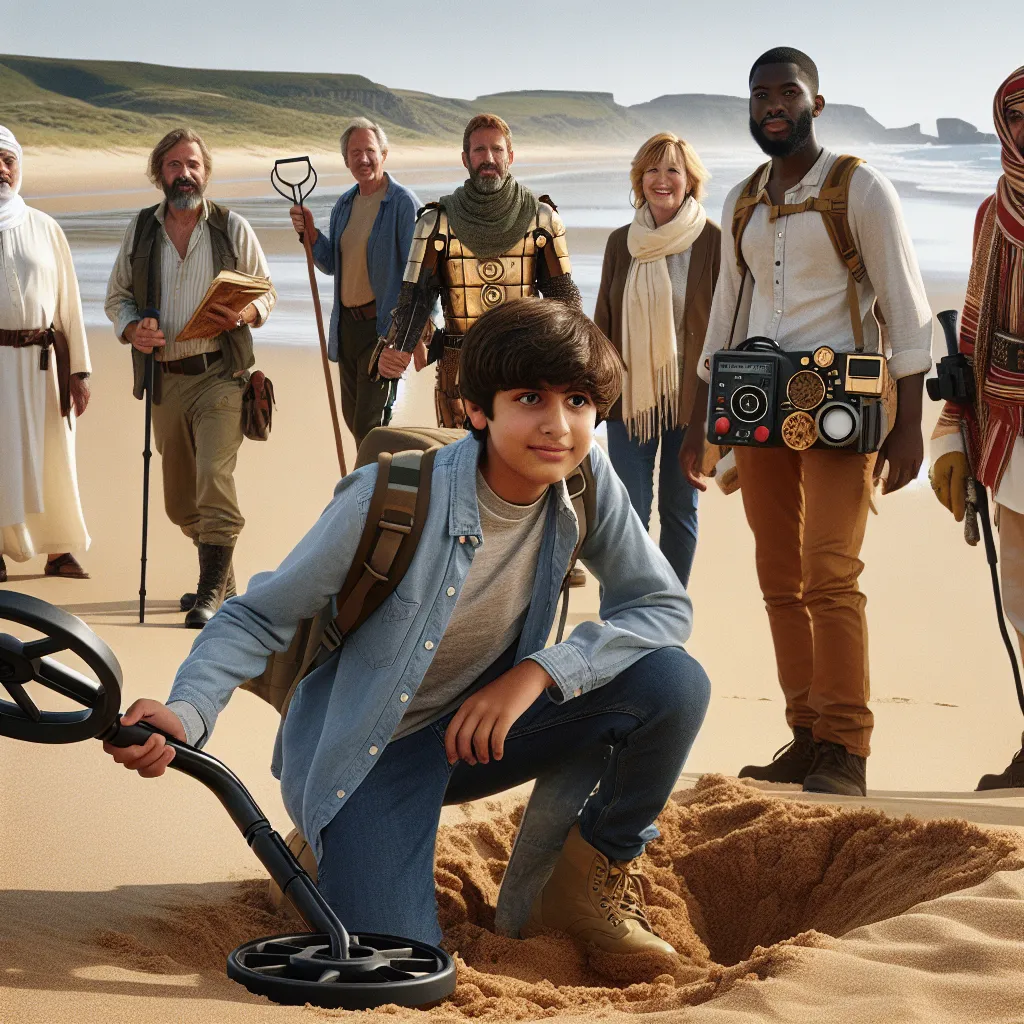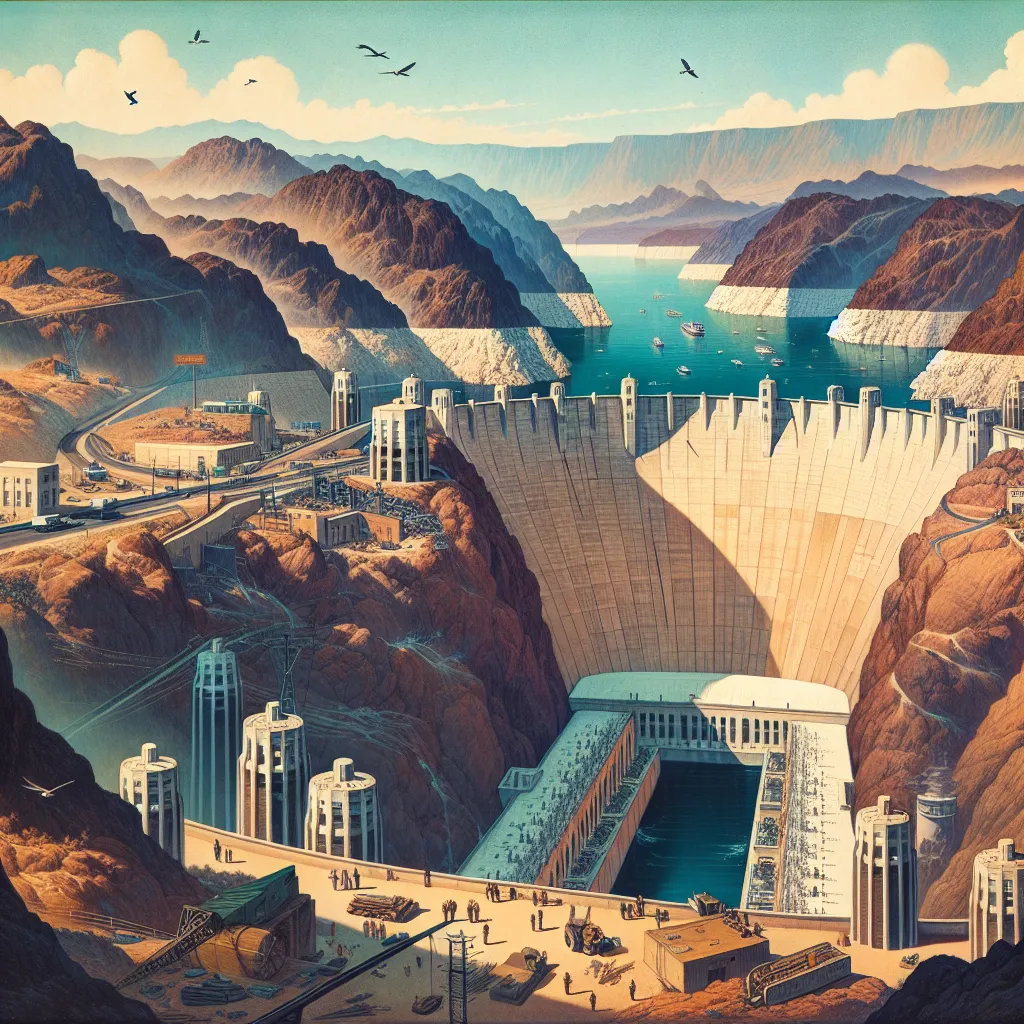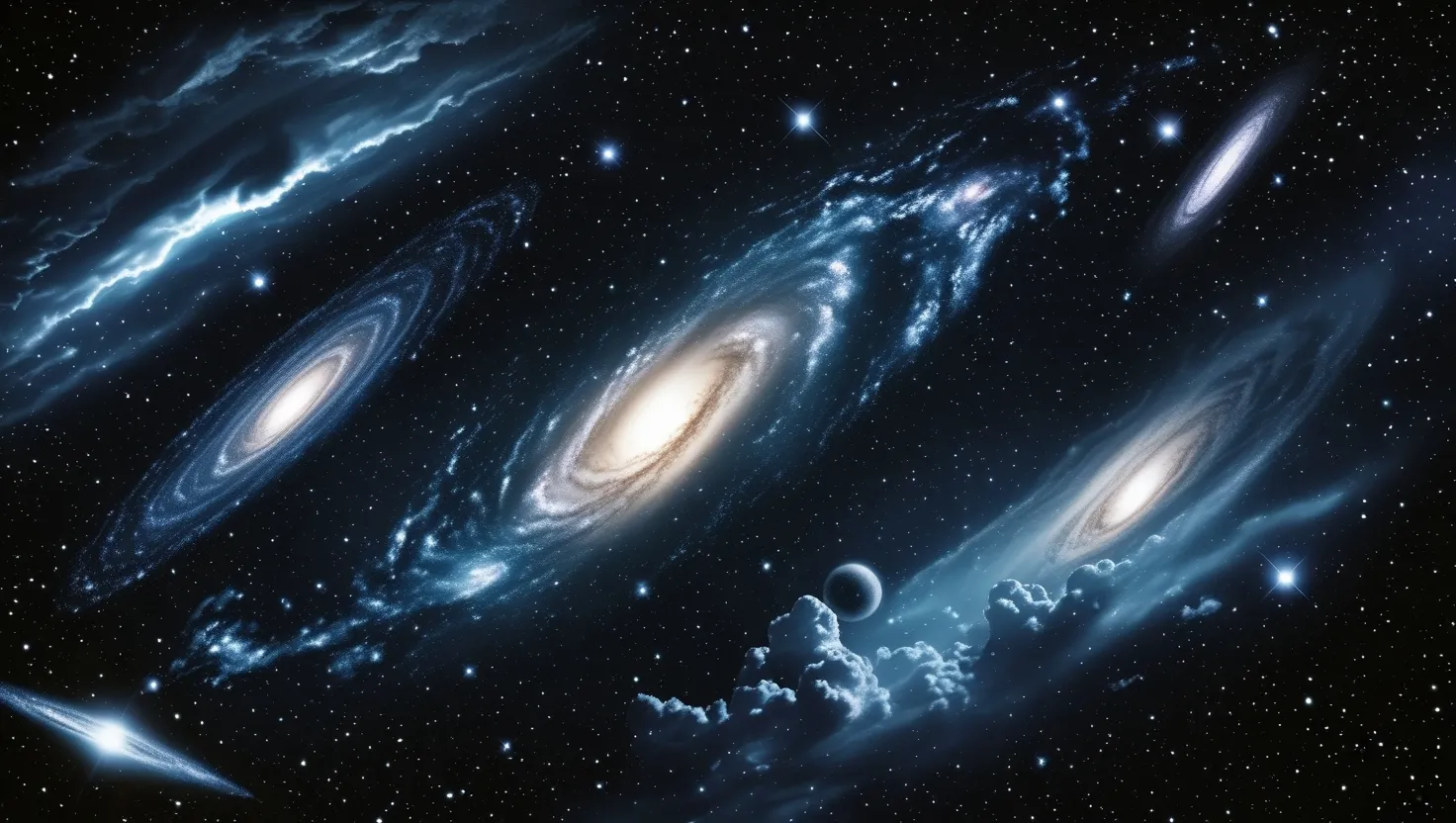Hi, I’m Nigel, and welcome to “Nigel Goes to Space!” I’m absolutely thrilled because I have a ticket to fly into space with Virgin Galactic. It’s a dream come true for me.
Ever since I was a kid, I’ve been fascinated by space and astronomy. I remember looking up at the stars on a beautiful autumn night when I was about nine. The constellation patterns, the planets shining brighter than the stars, and a meteor streaking across the sky hooked me for life. My dad got me a star chart and a telescope, and I’d spend nights in the garden gazing at the wonders above.
In the summer, I’d stay out all night on those warm nights until the sun came up, ending my stargazing sessions. Even in the winter, despite two inches of snow, I’d be out there with my little transistor radio tuned to Radio Luxembourg. My mom thought I was crazy, but I loved looking at nebulae, galaxies, double stars, and planets. Saturn, with its beautiful rings, was my favorite.
The moon through the telescope was mesmerizing, making me feel like I was flying over its surface. This was during the Apollo missions, and I watched Neil Armstrong land on the moon, never imagining I’d one day fly into space myself.
When it was time for university, I left my backyard telescope behind and went to the University of Leicester to study astrophysics. I specialized in radio astronomy and went on to Cambridge, where we picked up radio emissions from the sky, like quasars and exploding stars. At one point, I was the world expert on a gas cloud from a star that exploded 400 years ago.
My passion for space led me to writing. My first book, “Space Frontiers,” was an exciting milestone, seeing my name in print. Since then, I’ve written about 40 books and ventured into television, setting up an independent TV production company with two colleagues. We made programs about science, including “The Body Atlas” and space-related series for British and American TV.
One day, a colleague mentioned that Virgin Galactic was selling tickets to space. He suggested that if I sold my shareholding in the company, I could afford a ticket. It was a no-brainer. In 2009, I applied to become an astronaut, and Richard Branson himself welcomed me as a Virgin Galactic Pioneer. I’m astronaut 245, set to be on flight number 40.
“Nigel Goes to Space” will document my training and preparations for space travel. Join me to learn about becoming an astronaut, what we eat, and how we get in shape. I’ll also be answering your questions about the universe, the Big Bang, stars, planets, and life beyond Earth.
So follow me for an exciting voyage through the universe and stay tuned for more updates! Hope you caught the eclipse today. In a few weeks, I’ll be talking all about eclipses and would love to hear what you saw.
Bye for now!
